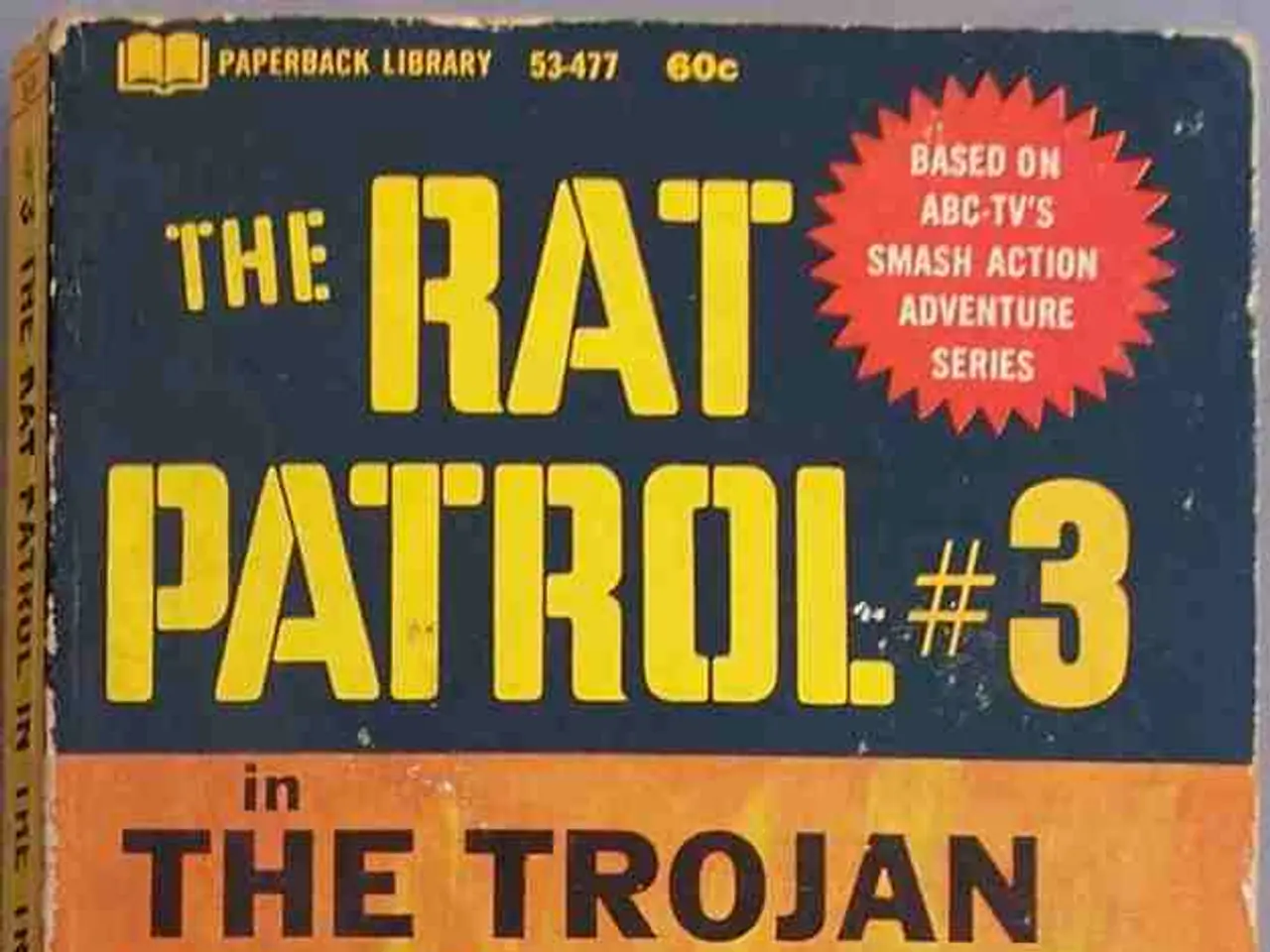Rebelling against the Blue Helmet: Why the UN is a Globetrotting Scapegoat
International Treaty Disregarded and disrupted: The UN Charter
The UN, born 80 years ago to save generations from war, is now a frequent punching bag for critics questioning its effectiveness. The global peacekeeper, with 193 member states, seems utterly powerless in preventing conflicts and upholding its principles in our ever-turbulent world.
Charting the UN's Course
Originating in the ashes of World War II, the United Nations Charter was signed on June 26, 1945, and took effect on October 24, 1945. As the Charter's 111 articles illustrate, it sets out a compelling vision for the future, with principles like peaceful dispute resolution, sovereignty, and humanitarian cooperation.
If a threat emerges that jeopardizes global peace, Chapter VII empowers the UN Security Council to force compliance via sanctions or military intervention. The Charter also establishes critical institutions like the Security Council, General Assembly, Secretariat, and International Court of Justice.
Degrading Peace: The Blood-Stained Charter
Though ambitious in ideals, the UN's principles have been repeatedly violated for eight decades. Disagreements between member states on fundamental issues—self-determination versus internal affairs or self-defense and aggression—undermine the Charter's good intentions.
Consider the latest example: Tehran, bolstered by China's veto, accuses the United States of UN Charter violations following recent strikes on Iranian nuclear sites. Throughout, the UN has neglected to enforce the "crime of aggression," leading to a troubling pattern of impunity.
Take the Israeli-Iran conflict, or the US invasion of Iraq as examples. These instances, and many others, demonstrate the UN's persistent struggles with upholding the Charter. The situation grows especially dire when we consider that countries continue to use past impunity as a justification for their actions.
Russia's invasion of Ukraine and the inability to expel persistent violators are additional stinging reminders of the Charter's failures. Remarkably, despite UN expulsion being a possibility, it has never been implemented.
A Gambit of Ironies
Despite continual criticism, the United Nations remains an essential partner in navigating the complexities of global conflicts. Yet progress requires urgent enhancements in its capacity to tackle modern warfare. The stakes are high; lives depend on it.
Sign up for the Daily Briefing to stay up-to-date on the UN's ongoing quest for peace.
[1] https://www.brookings.edu/blog/orders-from-above/2017/04/14/the-united-nations-is-failing-the-world/[2] https://www.ipsnews.net/2021/03/failure-reach-peace-protect-humanity-threatened-millions-says-guterres/[3] https://www.reuters.com/world/united-nations/u-n-chief-warns-of-destructive-backlash-aid-work-cutbacks-2021-10-18/[4] https://news.un.org/en/story/2021/07/1090292[5] https://www.hrw.org/news/2021/06/30/united-nations-needs-effective-peacekeeping-reform
[Research Section]
- The United Nations (UN) has faced criticism for being unable to effectively prevent or stop conflicts. Notable examples include failing to prevent:
- The Bangladesh Liberation War and Genocide in 1971.
- The Srebrenica massacre in 1995.
- The Darfur conflict, which began in 2003.
- The UN's peacekeeping missions and peacebuilding efforts have been criticized as being ineffective and not adapting sufficiently to the complexities of modern conflicts.
- Refugee crises and access to humanitarian aid in conflict zones have posed ongoing challenges for the UN.
- The UN's involvement in addressing atrocity crimes, such as those seen in recent conflicts in Ukraine, Myanmar, and Sudan, has been criticized for not being sufficient, and issues with accountability persist.
- Political and diplomatic factors, adaptation to modern conflicts, resource constraints, and lack of accountability hinder the UN's ability to enforce its charter principles.
- The United Nations (UN), initially founded to Save generations from war, has increasingly become a target for criticism due to its perceived ineffectiveness in preventing conflicts and upholding its charter principles in our ever-turbulent world.
- Despite the ambitious ideals set forth in the United Nations Charter signed in 1945, its principles have been repeatedly violated for eight decades, with disagreements between member states on fundamental issues undermining the Charter's good intentions.
- The UN's struggles with upholding its charter are evident in numerous conflicts, such as the Israeli-Iran conflict, the US invasion of Iraq, Russia's invasion of Ukraine, and many others. These instances demonstrate the UN's persistent struggles with enforcing the "crime of aggression" and maintaining accountability.
- Despite continual criticism, the United Nations remains an essential partner in navigating the complexities of global conflicts. Nevertheless, progress requires urgent enhancements in its capacity to tackle modern warfare, addressing reflection, resource constraints, and lack of accountability to ensure lives depend on it.







